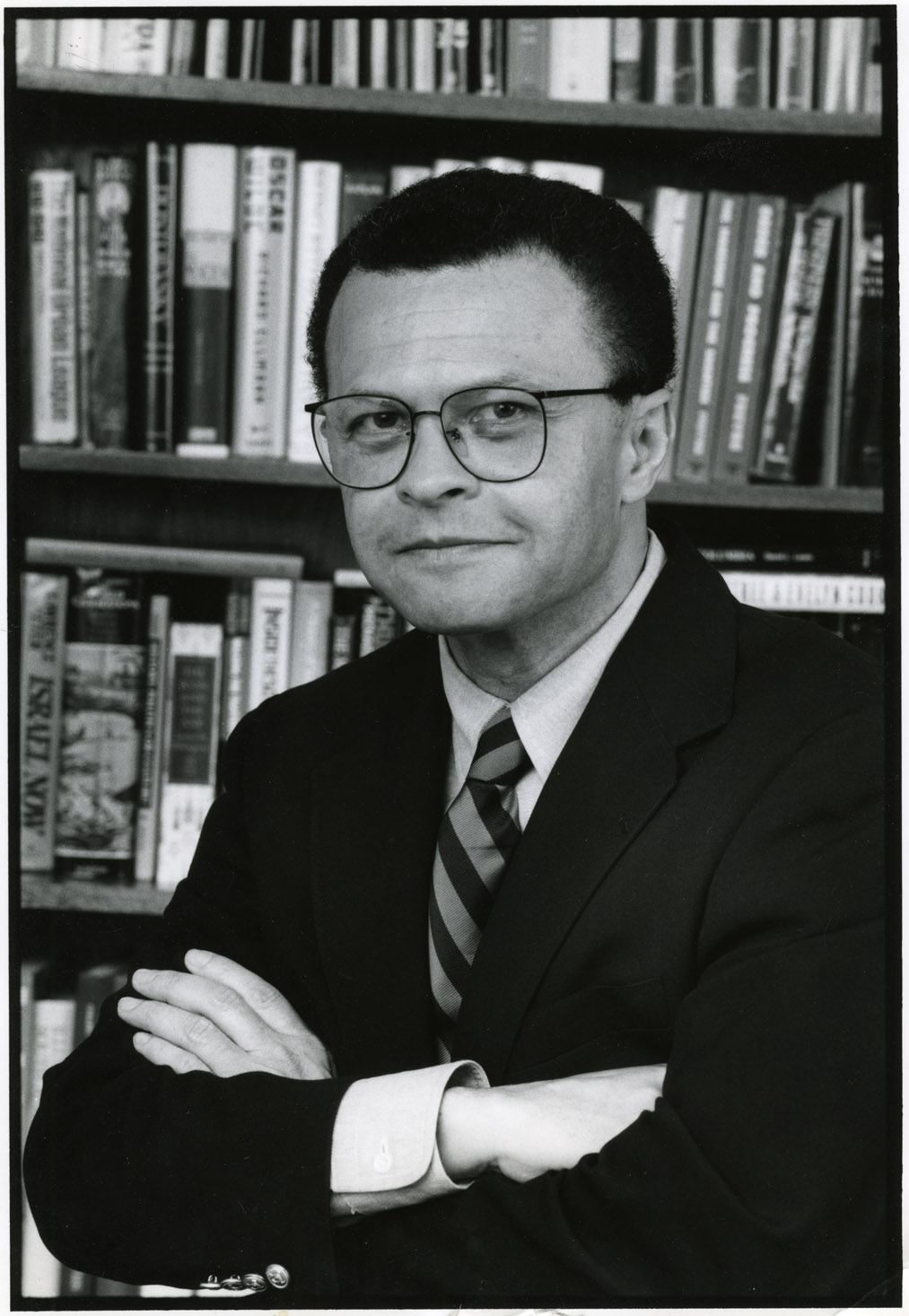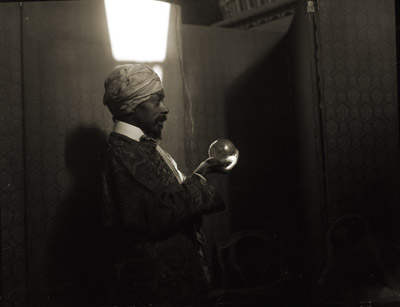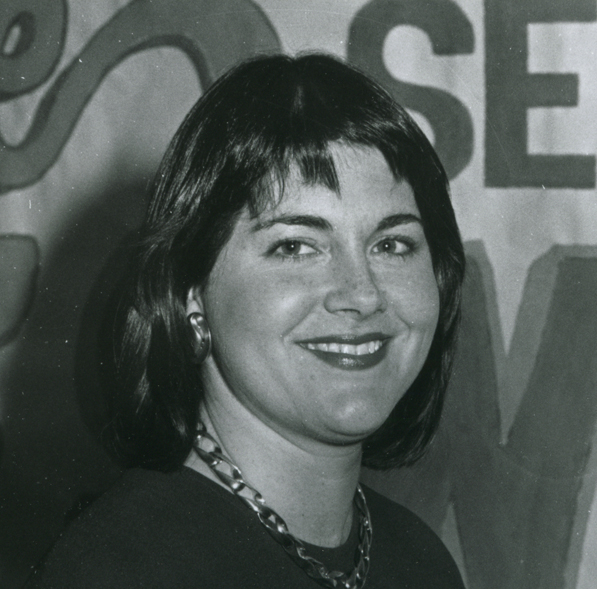David Levering Lewis Papers

The historian David Levering Lewis is the author of eight remarkably diverse monographs. Raised in an academic family, his father was president of Morris Brown College, Lewis enrolled at Fisk University at the age of 15 and was only 26 when he was awarded a doctorate in modern European history from the London School of Economics (1962). Through an academic career that has included numerous stops, including Morgan State, Notre Dame, Howard, the University of the District of Columbia (1970-1980), and Rutgers (1985-2003), Lewis remained consistently productive. Author of the first academic biography of Martin Luther King (1970) and a history of the Dreyfus Affair (1974), he wrote an influential study of the Harlem renaissance (1981) and important works on colonialism in Africa (1987) and Islamic Spain (2008), but he is best known for his two monumental biographies of W.E.B. Du Bois (1993, 2000), each of which was awarded a Pulitzer Prize. One of the most lauded African American historians of his generation, Lewis was recipient of the Bancroft Prize, the Francis Parkman Prizes, the 2009 National Humanities Medal, and a MacArthur Foundation Fellowship, and he was elected as a Fellow of both the American Academy of Arts and Sciences and the American Philosophical Society. Lewis was Julius Silver University Professor in History at New York University from 2003 until his retirement.
The papers of David Levering Lewis document a long and productive career as an academic historian and scholar of African American history and culture. Beginning with his years in college and graduate school, the collection offers a rich perspective on the evolution of his career. Lewis’s essential biographies of W.E.B. Du Bois are particularly well documented, however the collection includes abundant materials for each of his earlier projects, including correspondence, research notes, and drafts.




